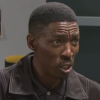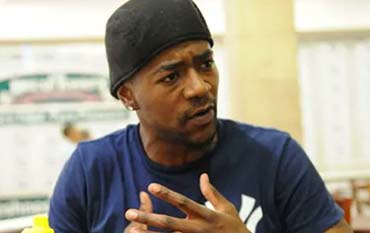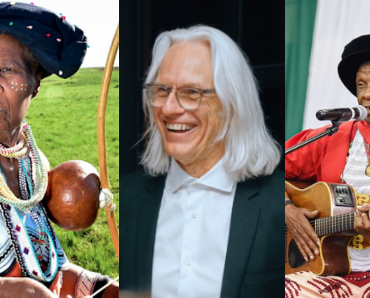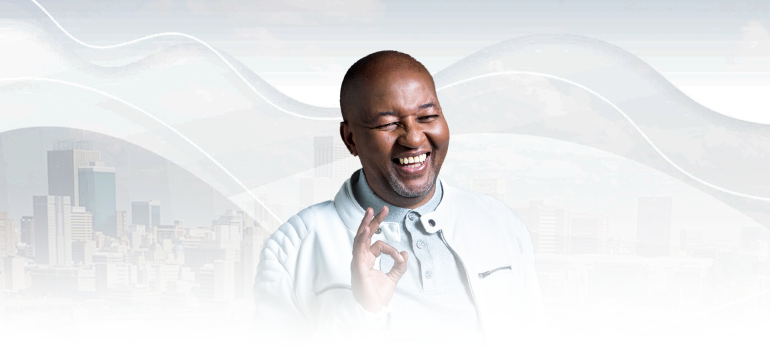-
play_arrow
On The Street On The Air | Kaya 959
2017: The year the Democratic Republic of Congo would like to forget
By: Reuben Loffman, Lecturer in African History, Queen Mary University of London
Congolese soldiers arrest anti-government protester in North Kivu province. Kenny Katombe/Reuters
For the Democratic Republic of Congo (DRC) 2017 was a disaster. Presidential and legislative elections were delayed, the violence in Kasai intensified, a long-standing opposition leader died and violence in eastern Congo continued.
To be sure, 2016 was hardly better. As the slated presidential and legislative elections deadline expired on 27 November 2016, Joseph Kabila remained in office. And the incumbent was still in power when his constitutional term ended on 19 December 2016.
On 31 December 2016, the Catholic Church thought that it had reached a deal with Kabila that would deny him a third term.
As the early weeks of 2017 wore on, however, that deal looked like yet another false dawn for the DRC. And as the year draws to an end there seems to be little hope of a resolution to the major crises that have intensified over the past 12 months. The violence in Kasai is escalating and the conflict in south eastern Congo looks set to continue.
DRC is the largest country in sub-Saharan Africa. It is 2.3 million square kilometres and has a population of nearly 77 million. The country has extraordinary wealth in the form of minerals such as gold ore and copper. However, the proceeds from the sale of these minerals are siphoned off and stolen before they ever reach the population.
Kabila’s insistence on remaining president of the DRC throughout 2017 only compounded these dynamics. While there was some hope in 2016 that he would step aside, 2017 proved that removing him will be a very protracted process.
Since a new constitution was promulgated in 2006 it’s been hard to imagine a worse year for the country than the present one. Only 2012 might have been worse thanks to the M23 rebel movement which briefly took the city of Goma. But the violence in Kasai is threatening to overshadow even that disaster.
The big story as 2017 got going was not the rapidly collapsing church led deal, and the intensified conflict that came as a result, but rather the death of long-standing opposition figure Étienne Tshisekedi in February.
Death of an icon
Tshisekedi’s death dealt a blow to the talks between Kabila and the various opposition groups. His death robbed the DRC opposition of a figure who could mobilise popular support as well as cut political deals in Kinshasa.
Worse still, more than nine months since his death he is yet to be buried. Kabila’s government fears that if Tshisekedi’s body is flown back to the DRC it will become the trigger for opposition protests.
Kabila’s fears could prove well founded. It is not hard to imagine the interring of Tshisekedi’s body acting as a lightning rod for the huge social and political tensions in the country. Kabila’s refusal to leave office this year has meant that a range of protests have sprung up across the country. In August, for example, the “dead city” movements ensured that significant parts of the country’s urban population went on strike.
Étienne Tshisekedi’s son, Felix, took over much of the daily running of the party that his father had led for decades when he became the deputy secretary general of the Union for Democracy and Social Progress. But he lacks his father’s experience and gravitas.
Violence in Kasai
As political deadlock between the president and the opposition ensued, the humanitarian crisis in Kasaï intensified. Some reports have suggested that more than 3,000 people have been killed since the start of 2017. More than 33,000 Kasai residents have fled into Angola.
The violence in Kasaï was perhaps 2017’s biggest news story. There were reports that it got so bad that little children were being hacked to pieces with machetes.
It is widely believed that the Bana Mura – a government sponsored militia – perpetuated this violence. The government fears that if left unchecked a rebel movement in Kasai could seriously undermine its sovereignty in the province.
But local rebels known as the Kamwina Nsapu (‘black ant’ in English), also played a big part in the violence. The Kamwina Nsapu militia were suspected of decapitating 40 police officers in March.
The UN has accused the DRC army of digging mass graves for those they have killed. It has attempted to investigate the atrocities in Kasaï but the investigations have been marred by tragedy.
On 12 March, Michael Sharp, Zaida Catalan and their translator Betu Tshintela were abducted by rebels and later found in a shallow grave. A UN inquiry found that the two investigators were probably killed by members of a local Kasaïan militia.
More unrest
In addition to the violence in Kasaï, the south and northeastern parts of the DRC also witnessed deadly conflict during the course of this year. There was major fighting between its Twa and Bantu populations in Tanganyika province. And as the year entered its last quarter, Uvira, on the outskirts of Lake Tanganyika, was the site of a battle between the rebel Yakutumba militia and government forces.
While the Yakutumba militia failed to take Uvira, it was a reminder of the level of discontent building in the east where conflict has been a feature of everyday life since the end of the Second Congo War in 2003. The patchwork of rebels operating in the east has been fragmented but remains heavily networked. Violence could potentially spread to Kivu and beyond.
Some of the rebels have suggested that their ultimate ambition is to march on Kinshasa. But given the small numbers of their forces this might be a long way off.
Happy New Year
With such a litany of misery in Congo, one could be forgiven for thinking there is no hope. But on 5 November, the Congolese government finally announced its intention to hold presidential and legislative elections in December 2018.
Many Congolese feel that this date is too far off. As a result, on 15 November there were protests in cities across the country to pressure the government to hurry the elections along.
![]() But the announcement of a date is an indicator that elections will eventually take place. The country risks slipping into civil war if they don’t.
But the announcement of a date is an indicator that elections will eventually take place. The country risks slipping into civil war if they don’t.
This article was originally published on The Conversation.
Written by: Natasha
Africa Democratic Republic of Congo News Politics
Similar posts
-
MORE ARTICLES

DJ Tira’s Afrotainment studio was robbed on Wednesday

Eminem’s ‘Mockingbird’ becomes his 6th song with over a billion views on Youtube

Twala says that Longwe must go to jail if he is found guilty

Generations: The Legacy bids farewell to Ronnie Nyakale

Big Zulu talks new album, trucking business and boxing: My Top 10 at 10
-
QUICK LINKS
UpComing Shows

The Best T in the City
With T Bose
He has held it down in the world of mid-morning radio with the best music, riveting topics, brilliant mixes and interesting guests. Every weekday, The Best T proves why he is the BEST by connecting to you like only your bro or favourite uncle could. He lets his listeners dictate the songs they want to hear in the ever-popular Top 10 at 10, and his Three Teaspoons never run out. Catch The Best T in the City Mondays to Fridays from 09h00 to 12h00.
close
Feel Good
With Andy Maqondwana
Feel good about feeling good! That's exactly what The Feel-Good show is about. An escape from the negativity that surrounds us, indulging you in good feels. Pass it on to one and all. Spread the good feeling around Gauteng with Andy Maqondwana.
close
The Hive
With Bonolo "Bee Sting" Molosiwa
Every "Hive" needs a Queen B and Bonolo "Bee Sting" Molosiwa is Kaya 959's honey who brings in the money. With her bubbly personality, infectious laugh, Bee Sting radiates positive energy which is all you need to get your weekend off to the best start. Don't miss the Afrobeat Dancehall Ragga (ADR) Top 10 on The Hive with Bee Sting every Saturday from 18h00 - 21h00.
close
The Hive
With Bonolo "Bee Sting" Molosiwa
Every "Hive" needs a Queen B and Bonolo "Bee Sting" Molosiwa is Kaya 959's honey who brings in the money. With her bubbly personality, infectious laugh, Bee Sting radiates positive energy which is all you need to get your weekend off to the best start. Don't miss the Afrobeat Dancehall Ragga (ADR) Top 10 on The Hive with Bee Sting every Saturday from 18h00 - 21h00.
closeConnect with Kaya 959
DownLoad Our Mobile App
© 2024 Kaya 959 | On The Street On The Air












